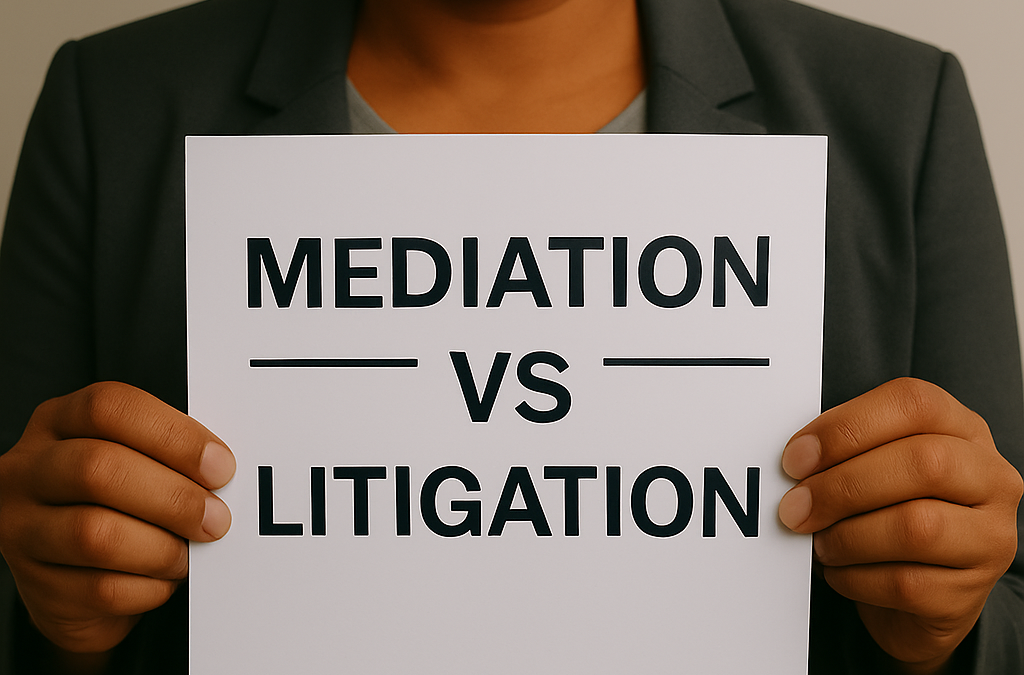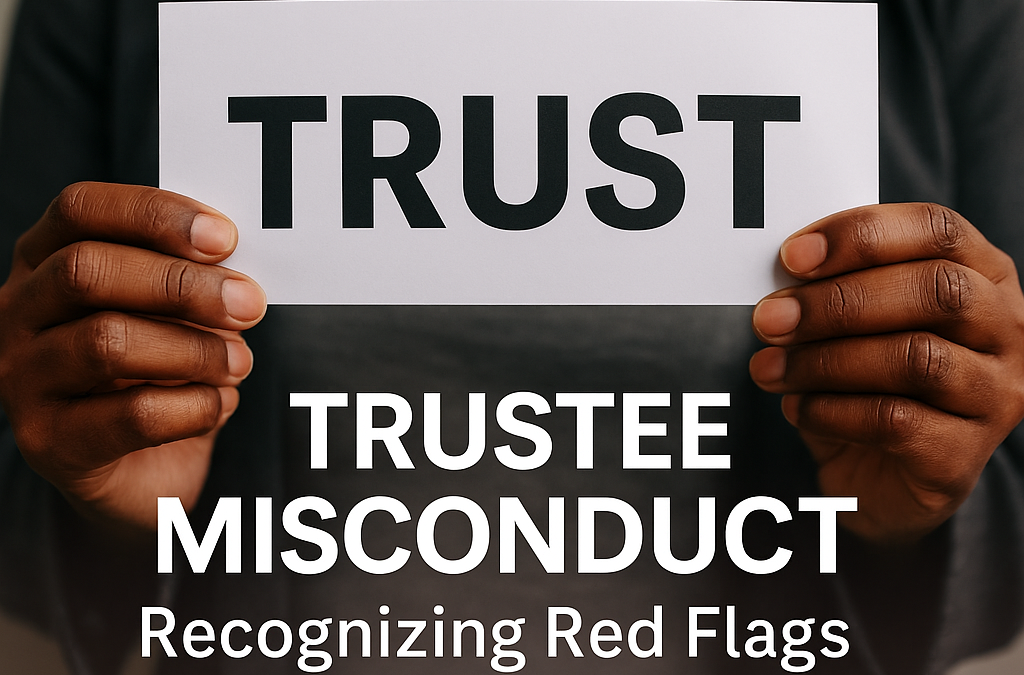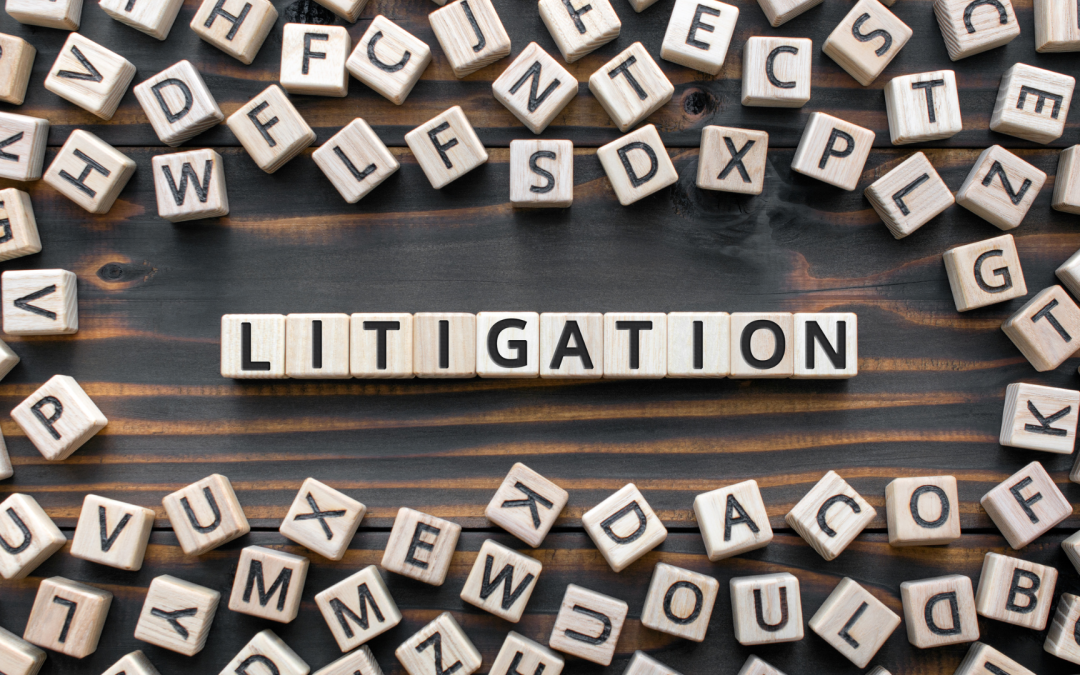
Mohanoe and Others v Master of the High Court, Johannesburg and Others (017606-2023) [2024] ZAGPJHC 155
In a recent case that turned heads and raised brows, the South Gauteng High Court in Johannesburg was faced with a contentious battle over two Wills left by a deceased individual. The crux of the dispute? Both Wills – one typed and the other handwritten – were without witness signatures, a requirement that threw their validity into question.
The deceased had left behind two Wills with conflicting instructions regarding his immovable property, leaving the Master of the High Court with the conundrum of determining the true testamentary intention. The court needed to wade through the legalities of the Wills Act and the responsibilities of an executrix who found herself in hot water over her conduct and potential conflict of interest.
FAQs:
- What makes a Will valid in South Africa? Following Section 2(1)(a)(ii) of the Wills Act 7 of 1953, for a Will to be valid, it must be signed in the presence of two witnesses who can later attest to the identity of the testator and assist in deciphering the Will’s intent if disputes arise.
- Why do Wills need to be witnessed? Witnesses serve as a vital part of the Will’s execution. After the testator’s death, they play a critical role in confirming the Will’s validity and the identity of the testator, as well as helping to clarify any uncertainties.
- Can an executrix who is also a creditor to the estate remain in her role? The conduct of the executrix is paramount. If she is a creditor and acts in a way that favours one beneficiary over another, it is considered inappropriate. The court emphasized the need for impartiality and adherence to fiduciary duties.
- What happens if the Master rejects a Will? If the Master of the High Court deems a Will invalid, typically due to non-compliance with legal requirements, the matter can be taken to court to resolve which Will – if any – represents the true intentions of the deceased.
- What was the outcome of this particular case? The court dismissed both the application to recognize the Wills and the counter-application, except for the decision to remove the first applicant as the executrix due to her conduct, instructing the Master to appoint a new executor or executrix.
The case of “Mohanoe and Others v Master of the High Court” serves as a poignant reminder of the complexities that can ensue from improperly executed Wills and the intricate duties of those appointed to administer an estate. It underscores the importance of drafting a Will that meets all legal requirements and choosing an executor who can perform their duties without bias.











